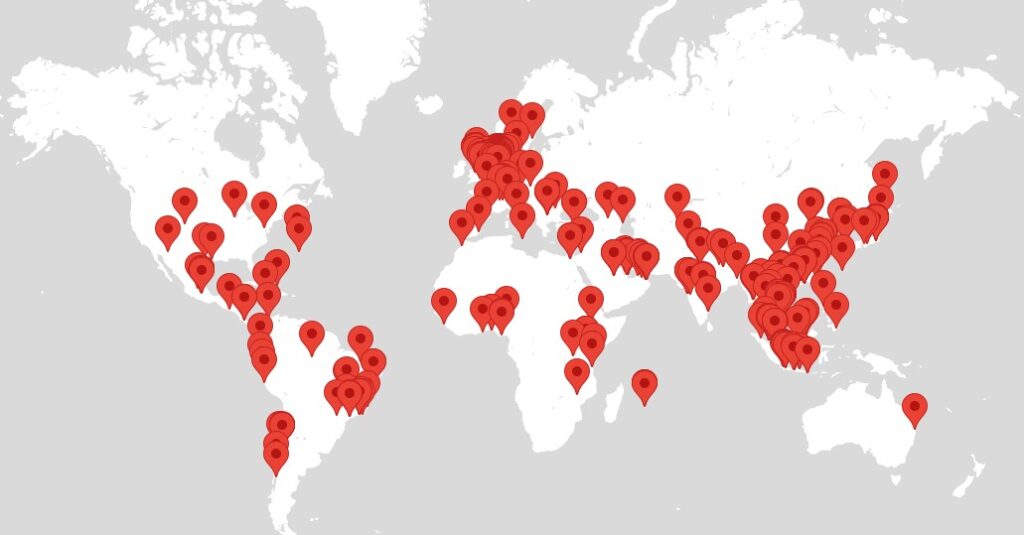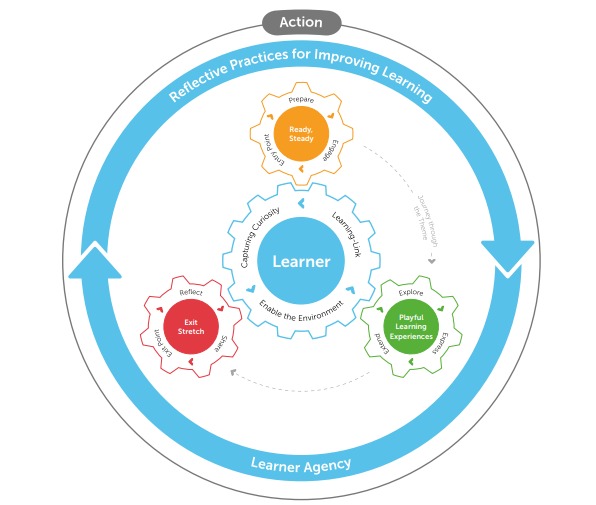IEYC (International Curriculum)
International Cirriculum has a rich history of innovation in international education, with relevant, practical and research-driven approaches to designing your resumes. Part of Nord Anglia Education, the world’s leading premium schools organization, Fieldwork is part of a global family premium international schools, offering exceptional education from preschool to the end of high school.
IEYC (International Curriculum)
International Cirriculum has a rich history of innovation in international education, with relevant, practical and research-driven approaches to designing your resumes. Part of Nord Anglia Education, the world’s leading premium schools organization, Fieldwork is part of a global family premium international schools, offering exceptional education from preschool to the end of high school.
International Cirriculum offers international curriculum and professional learning to more than 1,000 schools, more than 15,000 teachers, in more than 90 countries worldwide.
Font: https://internationalcurriculum.com/our-schools
The IEYC process of learning captures children’s natural curiosity as a starting point and within the proper environment balances child-initiated and teacher-guided learning.
Its unique learning process shifts the focus from mediation to the conduction of learning and development of children. IEYC is designed to be flexible and work alongside the existing national curriculum. The IEYC follows a defined learning process:
The entry point
The Entry Point is designed to 'hook' children and instigate them to learn more. The Entry Point can take a full day and have children engaged in many tasks around the school or community.
Global Vision (The Big Picture)
This is the process of providing teachers, children and guardians with an overview of the learning unit, it also prepares children for new learning experiences, while help to establish connections with previous learning.
Capturing curiosity
Capturing curiosity is an ongoing process, starting with the Entry Point. The process leads to finding out children’s previous knowledge about a topic and what they are curious to learn.
Explore and Express
Explore: This is the process in which IEYC learning activities with teacher scaffolding and child-initiated exploration are developed through individual and collaborative learning experiences. Express: These are the creative opportunities offered to help children demonstrate, share, and consider what they have become involved and what They have learned.
Enable the Environment
This is the process of planning and developing activities in internal and external spaces that will be relevant for learning in order to establish a positive social and emotional ambience, in that way children feel safe to explore and research enabeling learning to occur.
Reflection and Exit Point
This is the process at the end of an IEYC learning unit that helps children reflect, share and celebrate what they have learned



